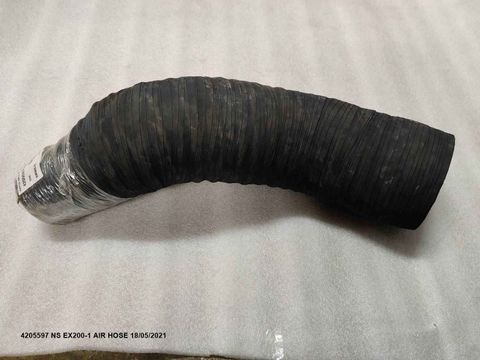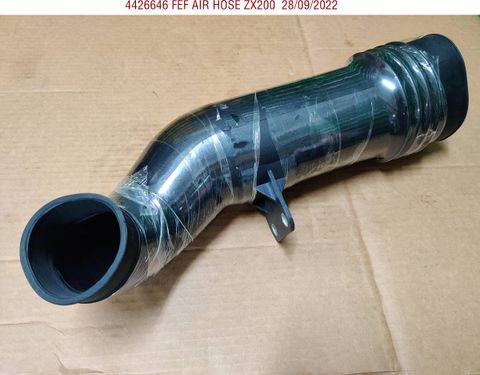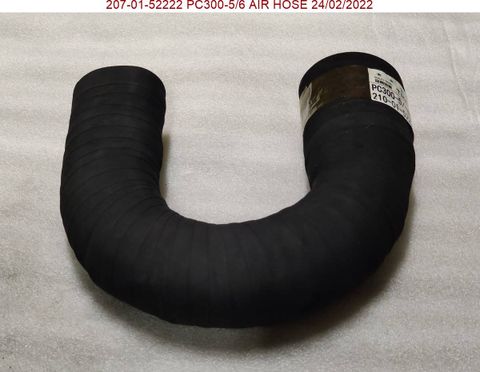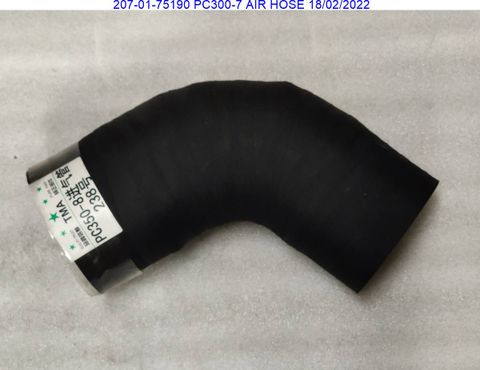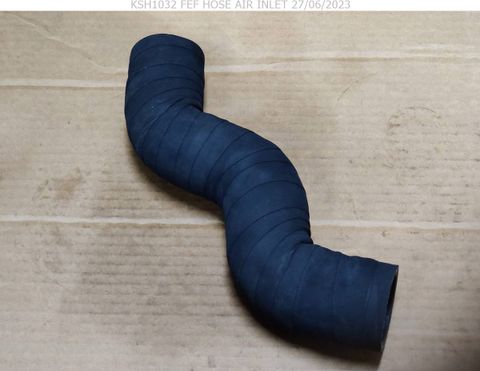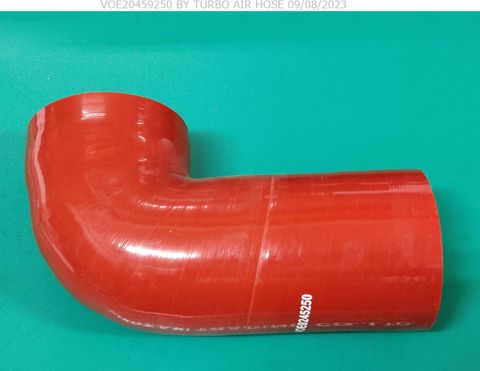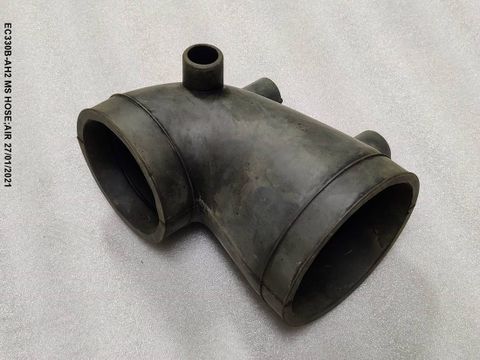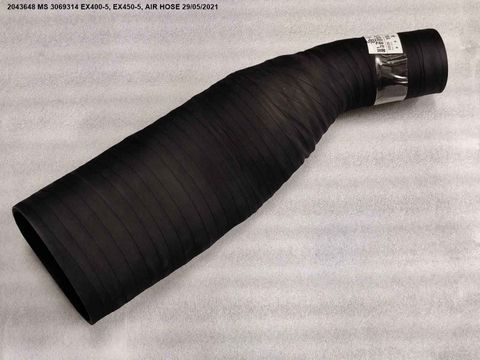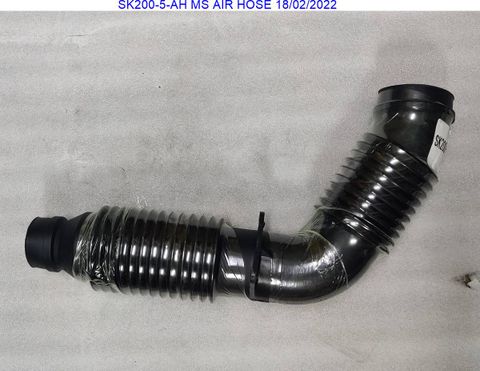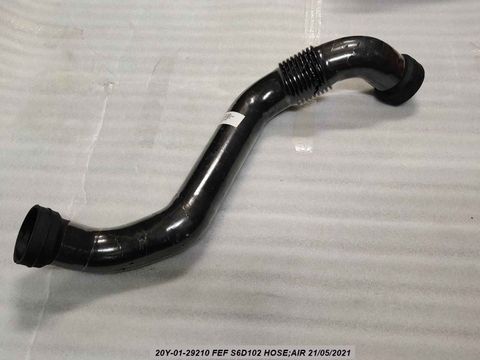HITACHI AIR HOSE
อัพเดตล่าสุด
ราคา:
ขอราคา
Share Product:
รายละเอียด
Issues with an air hose in a vehicle's engine system can lead to various problems, affecting engine performance, fuel efficiency, and emissions. Here are some common problems associated with air hoses:
Air Leaks: Air hoses can develop cracks, tears, or loose connections over time, leading to air leaks. These leaks can allow unmetered air to enter the engine intake system, disrupting the air-fuel mixture and affecting combustion efficiency. As a result, the engine may experience rough idling, hesitation during acceleration, or even stalling. Additionally, air leaks can trigger the vehicle's onboard diagnostic system, illuminating the check engine light and storing diagnostic trouble codes related to lean air-fuel mixture conditions.
Decreased Engine Performance: Air leaks in the intake system can result in decreased engine performance. The engine control unit (ECU) relies on precise measurements of air intake to calculate the correct fuel injection quantity for optimal combustion. If air leaks occur, the ECU may compensate by adjusting fuel delivery, leading to a rich or lean air-fuel mixture. A rich mixture can cause poor fuel economy, increased emissions, and fouled spark plugs, while a lean mixture can result in decreased power output, rough running, and potential engine damage.
Vacuum System Malfunction: Many vehicles utilize vacuum hoses to operate various engine components, such as the brake booster, EGR valve, or PCV (Positive Crankcase Ventilation) system. If air hoses associated with the vacuum system develop leaks or become disconnected, it can lead to malfunctions in these components. For example, a vacuum leak can affect brake booster performance, resulting in a hard brake pedal or decreased braking effectiveness.
Dirty or Clogged Air Filters: Air hoses are connected to the air filter housing, which filters out contaminants from the incoming air before it enters the engine. If the air filter becomes dirty or clogged, it can restrict airflow to the engine, leading to decreased engine performance, reduced fuel efficiency, and increased emissions. Regular inspection and replacement of the air filter can help prevent these issues.
Engine Misfires: Air leaks in the intake system can disrupt the air-fuel mixture balance, potentially causing engine misfires. A misfire occurs when the air-fuel mixture fails to ignite properly in one or more cylinders. This can result in rough running, loss of power, and increased exhaust emissions. Ignition system components such as spark plugs, ignition coils, and fuel injectors may also be affected by engine misfires.
Excessive Engine Noise: Air leaks in the intake system can produce whistling or hissing noises as air escapes from the system. Excessive engine noise can be distracting to the driver and may indicate a problem with the intake system that requires inspection and repair.
In summary, problems with air hoses can lead to air leaks, decreased engine performance, vacuum system malfunctions, dirty or clogged air filters, engine misfires, and excessive engine noise. Regular inspection and maintenance of the intake system, including air hoses and filters, are essential to ensure proper engine operation, fuel efficiency, and emissions compliance.
3.5
ข้อมูลจำเพาะ
| คำสำคัญ | |
| แบรนด์ | |
| แหล่งที่มา | MY |
แคตตาล็อก Download
